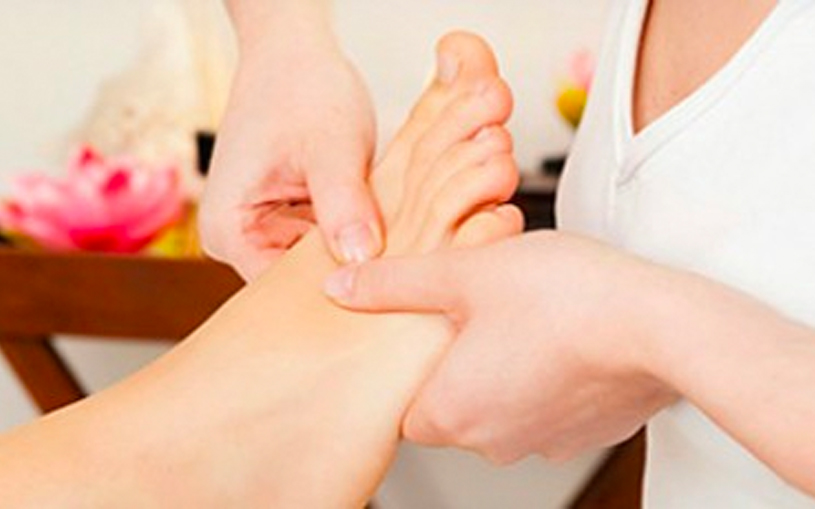Foot pain can affect anyone and can have a debilitating impact. For professional athletes, it can sideline their career. This week Milos Raonic, the Canadian tennis star from Thornhill, Ontario, returned to play in the Rogers Cup in Montreal after a five week lay-off to recover from foot surgery.
Raonic, 24, underwent surgery in May 2015 to repair what was described a pinched nerve leading to a toe in his right foot. Raonic said the rush to prepare for the return to competition complicated his recovery. Unfortunately, he failed to make a successful comeback and was ousted after losing in the first round this week.
When nerves in the foot are irritated, symptoms include burning, tingling, prickling, shooting, or a stabbing pain in the foot. Some people may experience hypersensitivity while others may experience a loss of feeling. Some nerve pain can become worse at night, disrupting sleep.
What can cause it?
Common nerve problems that cause foot pain are:
- Morton’s Neuroma: A Morton’s neuroma is a benign thickening of the nerve that runs between the third and fourth toe. Symptoms include a burning or shooting pain in the area, most often with walking; or a vague feeling of pressure beneath the toes. It is more common in women, likely due to footwear choices.
- Pinched Nerve: A pinched nerve can occur at various regions of the foot and can also be called nerve entrapment. It is frequently caused by trauma and can cause shooting, burning pain or sensitivity on the top of the foot.
- Tarsal Tunnel Syndrome: This is an entrapment of the posterior tibial nerve as it descends under the inside (medial) ankle area and enters the foot through an anatomical landmark known as the tarsal tunnel. The burning, tingling sensations, or shooting pain, can radiate from the instep (arch) and heel areas into the soles of the feet. Numbness and foot cramping can also occur and symptoms can intensify at night while resting or sleeping.
- Diabetic Peripheal Neuropathy: The chronic high blood sugar (glucose) associated with diabetes can lead to a form of nerve damage known as peripheral neuropathy. It is estimated that one in four diabetics will experience painful neuropathy. Like other forms of nerve damage, neuropathy pain is characterized by spontaneous burning or shooting pain in the feet. It often occurs at night while sleeping. The pain of neuropathy may come and go over the course of the disease and may be accompanied by a gradual loss of feeling in the feet that begins in the toes and progresses upward.
- Other Cause: Damage to nerves and the resulting pain symptoms can occur with many other conditions. Some examples include:
- Physical trauma, such as after surgery or an accident
- Drugs such as certain cancer drugs, antiviral drugs, or antibiotics
- Complex Regional Pain Syndrome
- Tumors that compress a nerve
- Liver or kidney disease
- Vitamin deficiencies
- A herniated disc in the lumbar spine
- Infectious diseases such as complications from Lyme disease or viral infections
How is it treated?
Treatment of foot pain caused by nerve irritation depends on the cause but can include:
- Shoe modification, arch supports
- Cortisone injections and anti-inflammatory drugs to decrease nerve inflammation
- Other types of treatments include: padding the shoe in areas where the foot is being compressed (often at the top of the shoe) or orthotics to correct the abnormal foot structure or function causing the nerve irritation.
- If conservative measures fail, surgery may be required to release the nerve.
- Treatments for diabetic neuropathy include blood sugar control, medications such as antidepressants or anti-seizure drugs, and vitamin supplements such as B vitamins and alpha lipoic acid.
Your chiropodist is your partner in controlling nerve pain. At Clarke Ventresca Foot and Orthotic Centres we assess the reasons contributing to your nerve issues and foot pain. We will work with you to develop a strategy that may include treating the cause of your nerve issues and controlling the pain with orthotics, proper footwear and/or prescription medication.

